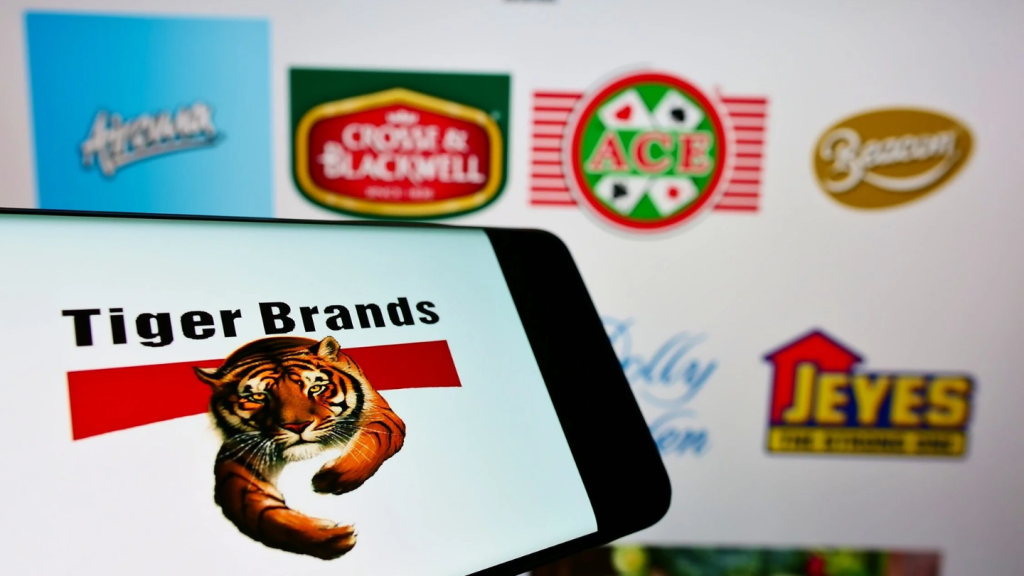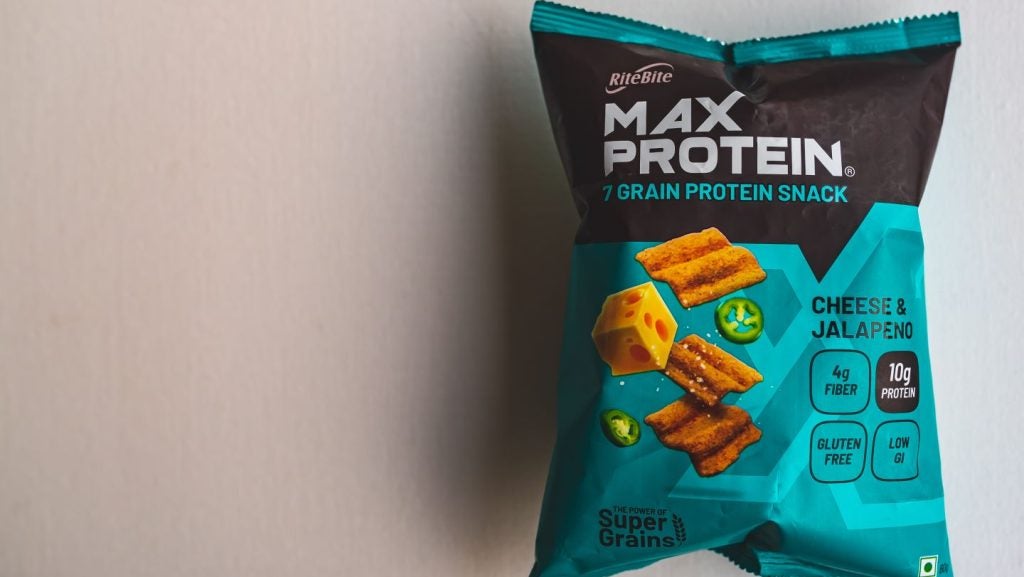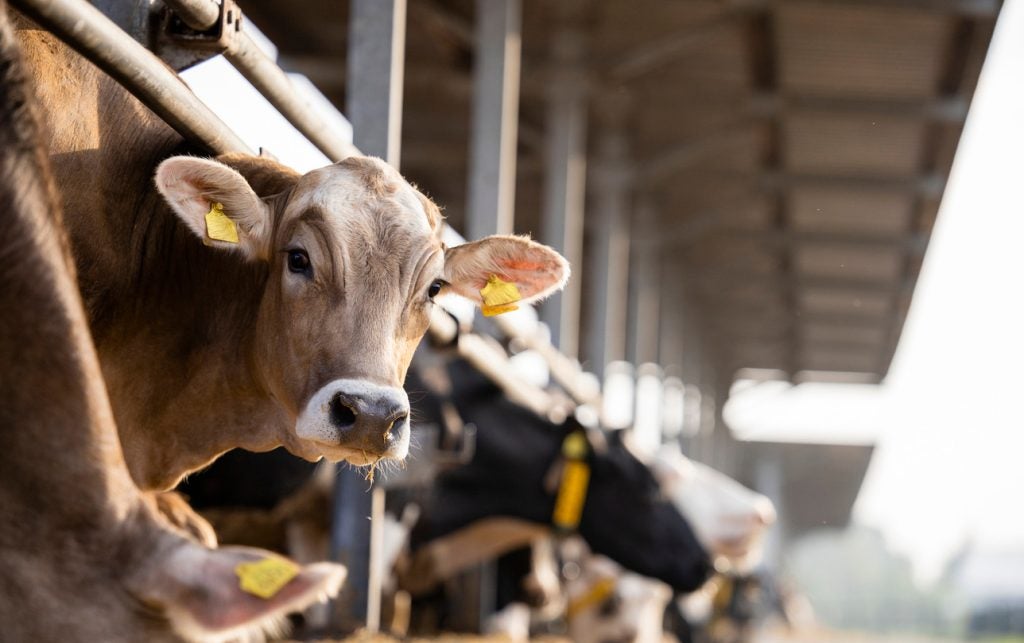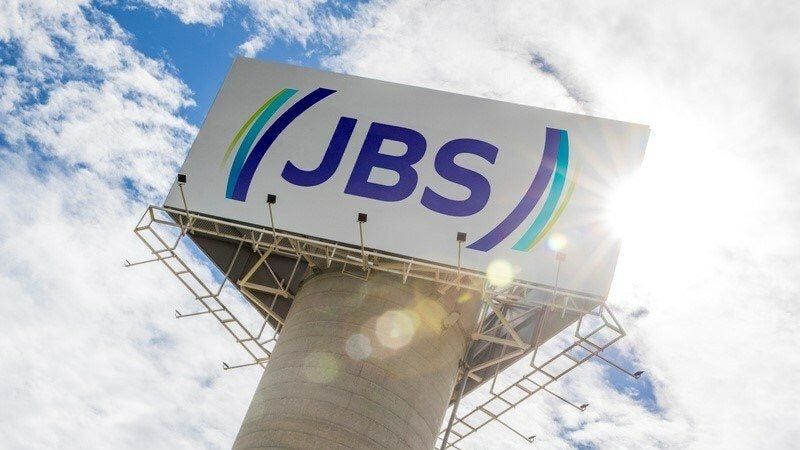South Africa’s Tiger Brands is looking to sell it maize and sorghum cereal lines under CEO Tjaart Kruger’s portfolio optimisation process.
Since taking the helm at South Africa’s largest food business in November last year, Kruger has set in motion a plan to trim 20% of SKUs across what is a diverse product portfolio, from bakery and breakfast cereal, confectionery and baby food, to soft drinks, and home and personal care.
Maize and sorghum, consumed as cereals in South Africa, have been identified among the “underperforming categories” destined for disposal.
The sale “processes on maize and King Food are to be concluded by H1 2025, with no further delays”, Tiger Brands said yesterday (4 December) during a presentation of the 2024 results.
Under the King Food ‘superfoods’ line sits the King Korn brand of sorghum meal known as mabele in South Africa. In maize, Tiger Brands owns the Ace brand.
Just Food has asked the Johannesburg-listed company to clarify and confirm the actual brands the business plans to divest in maize and sorghum, as neither were specified.
Kruger has already put in place a new operating model to help drive an improvement in profitability, splitting the business into six individual units by categories, each managed by a group of executives.
They were announced in February as: milling and baking; grains; culinary; snacks, treats and beverages; home, personal care and baby; and international, which houses the canned fruit business Tiger Brands has been trying to sell since 2020.
In November, Tiger Brands revealed the disposal of its baby wellbeing business, which excludes infant food, or the Purity brand, the nutrition category the company plans to retain a presence and a core focus of Kruger’s strategy.
The deal was valued at R605m ($33.5m) to an unnamed “third-party purchaser” and included toiletries and medical products.
Sitting in the home, personal care and baby division, the wellbeing brands featured Phipps, Muthi Wenyoni, Telament and Antipeol.
Prior to that disposal, Tiger Brands completed the sale in September of “non-core” home and personal care lines for R161m.
Tiger Brands generates 80% of its annual revenue from regional markets such as Cameroon, Mozambique, Zambia and Zimbabwe.
Group sales revenue rose 1% to R37.7bn in the 2024 financial year, Tiger Brands reported yesterday.
Operating income was flat at R3.1bn, while net income increased 4% to R724m. The gross profit margin climbed to 28.3% from 27.7%.
Key baseline metrics were also up, in terms of earnings per share and headline earnings per share.
EPS climbed 13% to 1,942 South African cents, while HEPS rose 4% to 1,810 cents.
Kruger has previously highlighted the “challenging operating environment”, characterised by inflation in South Africa, poverty and power outages on the national grid, the latter being an aspect that has also affected other local food manufacturers and industries.
Tiger Brands said “price inflation” last year was 7%, helping drive group volumes down 6% and by a larger 8% in its domestic market.
“While we are seeing encouraging green shoots in lower levels of consumer-price inflation and modest cuts in interest rates, consumers remain under pressure,” Kruger said.
“Our efforts to deliver affordable products for consumers through continuous improvement initiatives and cost leadership across our business will remain a priority and key enabler of growth.”
















